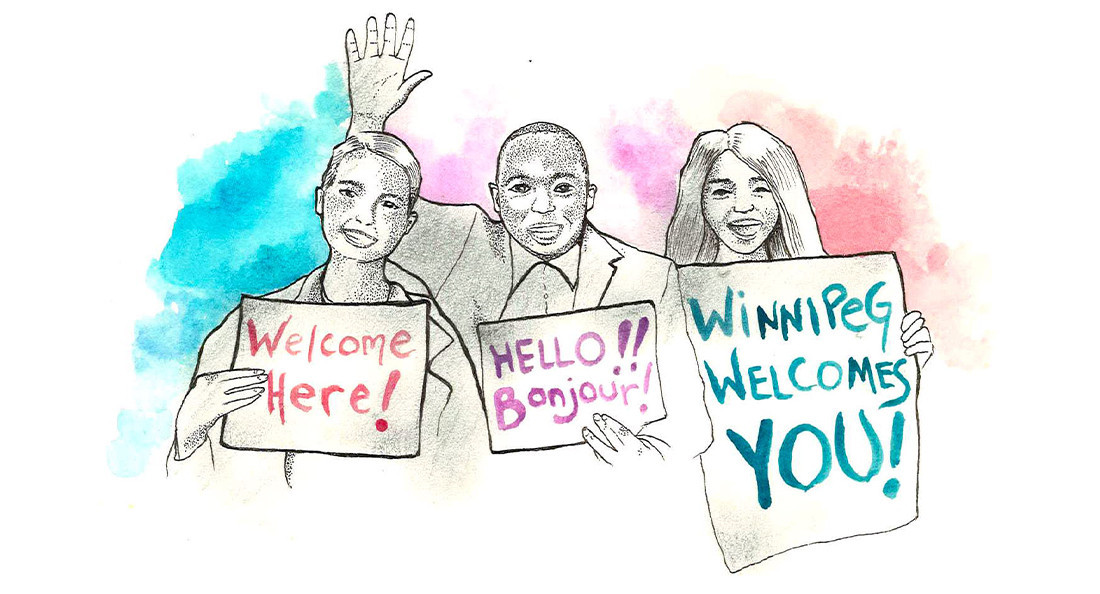Steps toward inclusivity
Foreigner Affairs
In a personal (albeit short) email correspondence with professor Noam Chomsky, I asked him to comment on a remark he made in his lecture “Propaganda and Control of the Public Mind” in 2001 regarding his uncle’s sharp turn towards a more orthodox Jewish lifestyle after immigrating to the United States.
Chomsky replied to my question directly, explaining: “I’ve seen it happen in my extended family, where I could see the reasons. They were coming to a strange country under difficult circumstances, and it was natural to try to strengthen the bonds that provided support in the old country, which in this case happened to be shrewd orthodox religion.”
His remark is an anecdotal one. He admitted: “I haven’t seen any studies as to whether it’s generally true.”
I myself have also noticed a general trend of a push towards religious orthodoxy from many immigrant families. Although I do not judge this to be a blatantly negative occurrence, I’m interested in exploring how it may promote patterns of cultural isolation, along with examining how we as Manitobans can help bridge the socio-cultural gaps that may alienate immigrants.
A study from Dalhousie University entitled “The Well-Being of Children and Parents in Canada” found that immigrants experience lower overall levels of happiness when compared to their Canadian-born counterparts. One of the reasons for the decrease in relative happiness discovered by the authors had to do with the level of alienation felt by newcomers due to prejudice and unfamiliarity with the cultural fabric of Canadian society.
If what Chomsky posits holds any merit, the obstacles many immigrant families face seem to be of a contradictory nature. They want to hold their respective cultures close to avoid any loss of identity, while simultaneously adapting to a completely new socio-cultural experience. Often, newcomers may establish their own communities in an effort to try to keep their own cultures afloat in a sea of unfamiliarity.
From personal experience, I know that, although the impetus behind forming these communities is understandable and valid, it can result in alienation. The communities themselves become more secluded and increasingly “othered” by non-immigrant Canadians.
The self-imposed cultural seclusion of immigrant communities is hardly an arrogant tactic, as much as it is an instinctual means to survive. As Manitobans, we must take full responsibility for the socio-cultural transitions new families face every day.
Yearly events such as Folklorama are beautifully orchestrated but attempt to paint over deep psychological crevices. Unfortunately, this piece must end as anecdotally as it began, for I believe the idea of change starts with a broader extension of our attitudes.
Change does not always entail a radical cultural shift. By simply allowing ourselves to open our social circles to people we may not normally interact with, we can begin to close this gap, aiming to eradicate the idea of the “other” from our societal conscious. I believe the free expression and exchange of cultures is something that starts with our willingness to grow as people. It’s up to us to take the first step.
Vinay Sharma is a third-year philosophy student. His main interests are political philosophy and the philosophy of language.
Published in Volume 75, Number 04 of The Uniter (October 1, 2020)








